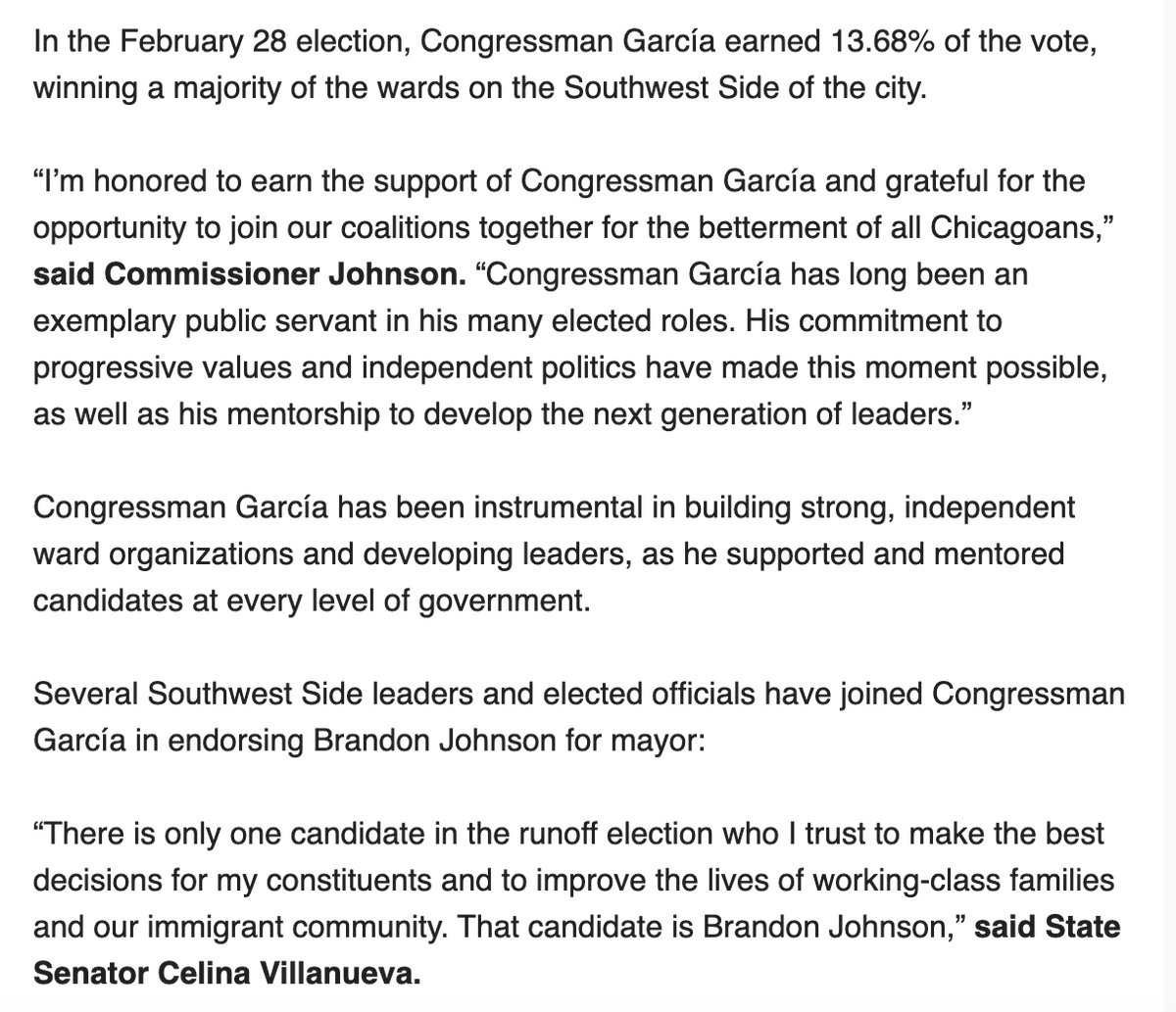I re-booted my 2018 piece about George H.W. Bush's showdown with Israel in 1991. It now has updates for the current situation and quotes from @JoelMartinRubin, @jjz1600, @YousefMunayyer, and @_waleedshahid.
huffpost.com/entry/george-h…
huffpost.com/entry/george-h…
First, the details of the story (originally reported out with help from @DanKurtzer and others):
--Bush secured Arab support for the first Gulf War, which ended Iraq's occupation of Kuwait, in part through assurances he'd also end Israel's occupation of Palestinian lands
--Bush secured Arab support for the first Gulf War, which ended Iraq's occupation of Kuwait, in part through assurances he'd also end Israel's occupation of Palestinian lands
Other key factors for what occurred:
--The Cold War had ended, and the U.S. was the sole superpower
--Israel needed massive loans to absorb ~1 million new immigrants from the former Soviet Union
--The Cold War had ended, and the U.S. was the sole superpower
--Israel needed massive loans to absorb ~1 million new immigrants from the former Soviet Union
--Initially, then-Israeli PM Yitzhak Shamir, of the right-wing Likud, had agreed that none of the money borrowed with U.S. loan guarantees would go to West Bank settlements.
--Then, for a much larger set of loans, Shamir refused
--So Bush and Baker held up the loan guarantees
--Then, for a much larger set of loans, Shamir refused
--So Bush and Baker held up the loan guarantees

--Shamir tried to end-run around Bush with help from AIPAC and allies in Congress
--Using his bully pulpit, Bush stood his ground and prevailed
--Shamir lost re-election in 1992 to Yitzhak Rabin, who would ratify the Oslo Accords before being assassinated by a Jewish extremist


--Using his bully pulpit, Bush stood his ground and prevailed
--Shamir lost re-election in 1992 to Yitzhak Rabin, who would ratify the Oslo Accords before being assassinated by a Jewish extremist



This is the famous H.W. Bush press conference on Sept. 12, 1991, defending his hard line against the loan guarantees.
"Peace is vital here and we've worked too hard to have that request of mine denied."
"Peace is vital here and we've worked too hard to have that request of mine denied."
James Baker testified at HFAC on Sept. 4, 1991 about how Saddam Hussein's support for the Palestinian cause increased Hussein's influence. As a result, he argues that a peaceful resolution in Israel-Palestine is a U.S. interest. Questioner is then-Rep. Mel Levine. (h/t @jjz1600)
Skeptics like @JoelMartinRubin argue that the circumstances then were uniquely conducive to leveraging aid effectively. U.S. rising; Gulf Arab nations insistent; Israel needing money; Israeli center-left waiting in the wings. None of that is true now. 

But the point that advocates of tighter conditions on U.S. aid make is that while the formulation might end up being different now, absent tangible consequences for some Israeli policies, U.S. disapproval is effectively meaningless ...
... “Netanyahu will continue to move Israel-Palestine toward a one-state, separate-but-equal reality unless the U.S. matches our rhetorical opposition to settlement expansion and occupation with concrete action,” @_waleedshahid
“Bush established consequences for bad behavior, and he got results. It can happen again,” @jjz1600
“We need to recognize that we have played a role in creating the mess ― a big role. And we have to first stop doing it and then start correcting it,” @YousefMunayyer
Keep in mind, the U.S. -- and Israel -- have never been shy about squeezing the Palestinian Authority financially.
Trump cut off aid in 2018 over a dispute and Israel has periodically confiscated tax revenue.
Trump cut off aid in 2018 over a dispute and Israel has periodically confiscated tax revenue.

Addendum: @jjz1600 noted to me that Bill Clinton used subtler, but equally firm techniques to pressure Israel during Netanyahu's first term.
In Nov. 1997, he refused an in-person meeting with Netanyahu when the then-Israeli PM was visiting the U.S.: nytimes.com/1997/11/27/wor…
In Nov. 1997, he refused an in-person meeting with Netanyahu when the then-Israeli PM was visiting the U.S.: nytimes.com/1997/11/27/wor…

Clinton later all-but-openly campaigned for Ehud Barak, Netanyahu's center-left successor. Three of his campaign hands advised Barak. nytimes.com/1999/05/17/wor… 

Compare the Clinton dinner incident to Obama's denial after allegedly making Netanyahu wait for him during dinner in 2010. nymag.com/intelligencer/… 

• • •
Missing some Tweet in this thread? You can try to
force a refresh















